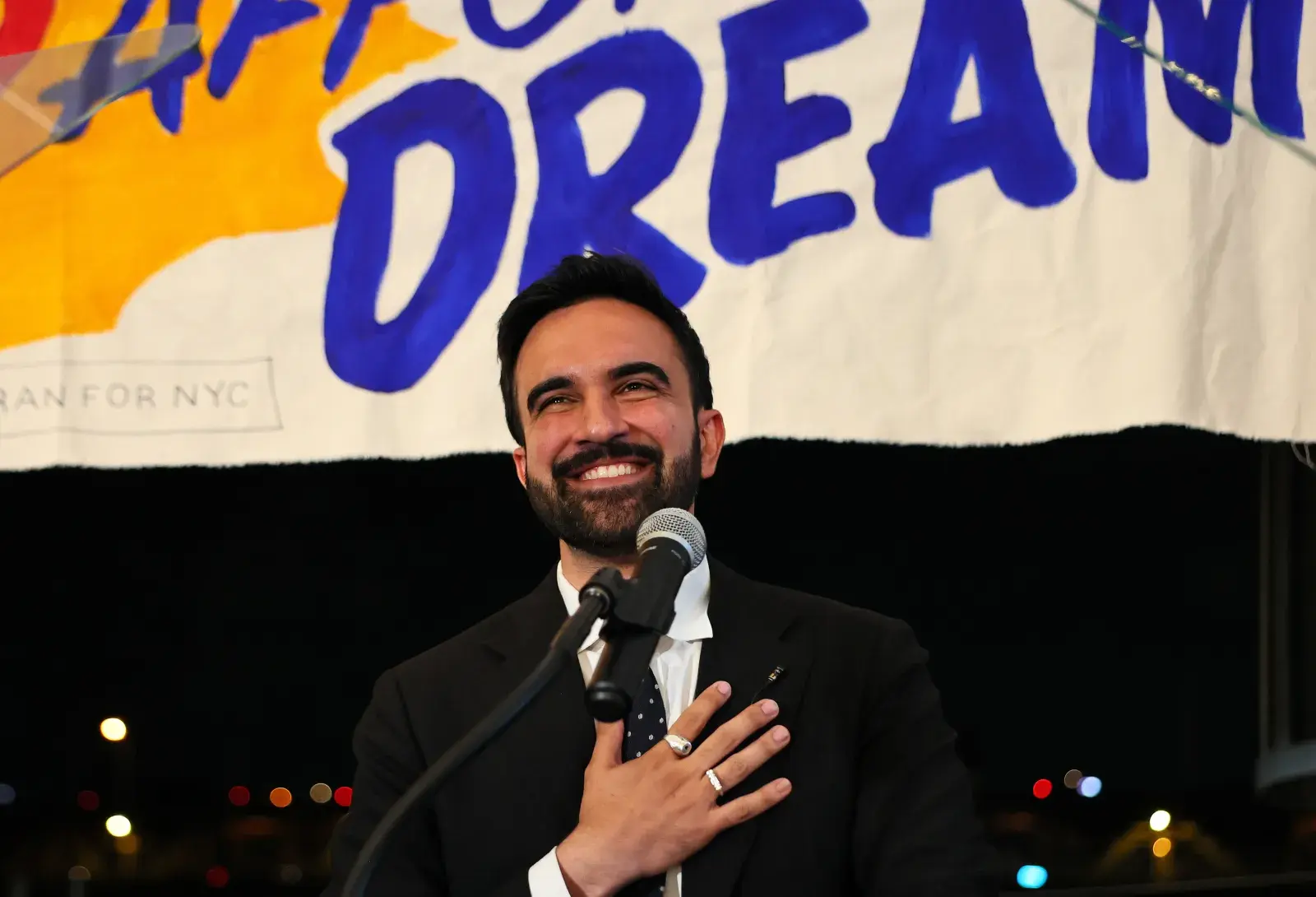New initiatives to bolster drone defenses for European countries forming NATO's eastern spine won't be "rock solid," Germany's defense minister has said.
Building a so-called "drone wall" is a "very ambitious project," Boris Pistorius told The Times of London, in comments published on Thursday.
Why It Matters
More than three and a half years of full-scale war in Ukraine has transformed drone designs, as well as how they can be used—and the counter-drone tactics needed to try to block them. Russian-made Gerbera drones, the domestically-produced versions of the Iranian-designed Shahed UAVs that have long plagued Ukraine's air defenses, made up at least a significant chunk of the drones that violated Polish airspace.
A major concern is that a NATO adversary like Russia could overwhelm NATO defenses by launching swarms of cheap drones. One of the biggest challenges is working out how to intercept inexpensive drones without using interceptor missiles—designed for smashing into incoming missiles—which cost millions of dollars each and are in scarce supply.
An estimated 20 drones crossed over into Poland in mid-September, sparking a mad scramble to intercept the uncrewed aerial vehicles (UAVs), including by scrambling fighter jets armed with missiles, and spurred on efforts to shore up drone defenses along the alliance's eastern flank. Russia denied deliberately targeting the NATO member.

What To Know
The European commissioner for defense and space, Andrius Kubilius, has repeated calls to "urgently" construct a "drone wall" after the incursions into Poland.
The type of air defenses NATO would use to intercept a large-scale drone attack is different from how the alliance would take out incoming ballistic or cruise missiles. The idea of a "drone wall" is essentially about layered defenses, from interceptor drones to cannons and missiles, plus electronic warfare and attempts to jam or spoof incoming drones. NATO countries are also quickly trying to build up air defenses against missiles.
Pistorius said, "A rock-solid drone wall that can never be penetrated is not realistic for the time being." It could, however, slash at the number of drones European countries would have to contend with in a potential attack, he added.
The German defense minister is "completely correct," said U.K.-based drone expert Steve Wright. "The best we can hope for is to stop most of the incoming drones," Wright told Newsweek.
The German defense minister has previously expressed skepticism of a perception that a "drone wall" could be a silver-bullet solution to the rapidly evolving drone race.
A litany of drone incidents have hit NATO members in recent weeks, shutting down major airports and appearing around sensitive military sites. Russia's true role in drone incursions away from the eastern flank is murky, although NATO officials have said Moscow may be probing the alliance. Moscow has typically denied involvement.
NATO chief Mark Rutte said earlier this month that the European Union (EU) and NATO were "working hand in hand closely together" on drone defenses, and insisted there was "no overlap" in efforts to shore up counter-drone capabilities. Many members of NATO are also part of the EU, an economic bloc rather than a defensive alliance.
The European Commission, the executive arm of the EU, has pushed its Ukraine-inspired "drone wall" hard. "We need a system that is affordable and fit for purpose," European Commission President Ursula von der Leyen said earlier this month.
"We don't want to do anything the other is better at doing," Rutte said, referring to the EU and NATO. The alliance launched an initiative it has dubbed Eastern Sentry shortly after the drone incursions into Poland with countries like the U.K. and Germany contributing extra fighter jets to patrol Polish skies. NATO already had an established air policing mission in the country.
After the Russian drones crossed over into Poland, Warsaw triggered Article 4 of NATO's treaty. This article says that members will "consult together whenever, in the opinion of any of them, the territorial integrity, political independence or security of any of the parties is threatened."
Estonia, pressed up against Russian soil, also invoked Article 4 in September after it said three Russian MiG-31 jets breached its airspace for 12 minutes. Moscow said the aircraft traveled "in strict accordance with international airspace rules, without violating the borders of other states."
What People Are Saying
NATO Secretary General Mark Rutte said during a press conference in mid-October that "NATO's strength is in the capabilities, the military decisions," adding: "The EU has its own strength when it comes to what I would call the soft power of the internal market, bringing defense industry together, making sure that the money is there, and then doing it in such a way that there is maximum access to what they are doing for non-EU countries."
European Commission President, Ursula von der Leyen, said in a speech in early October: "Something new and dangerous is happening in our skies."






















